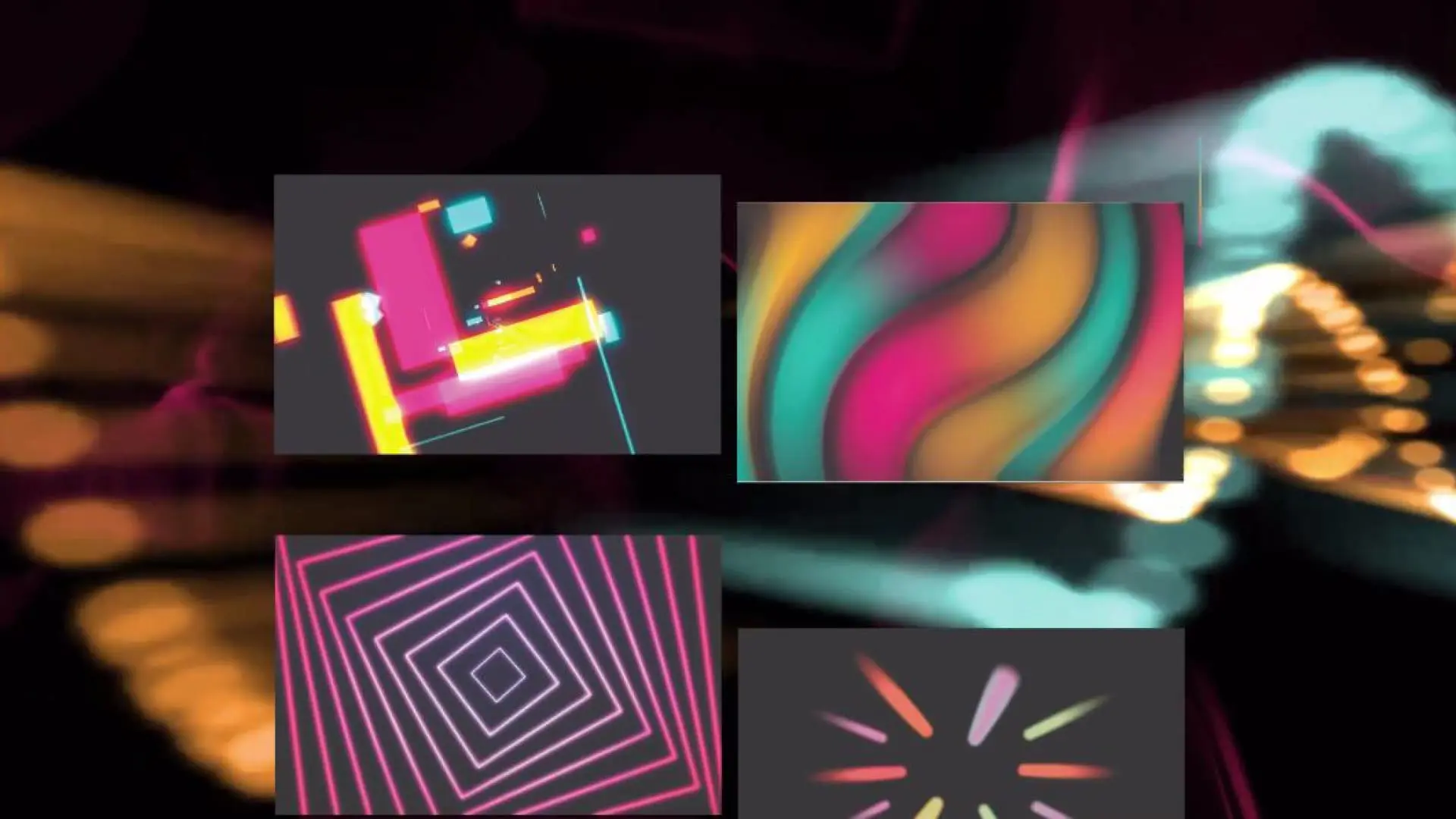Dcom + Dcom AI Lab
Communication Design cultures and systems

Dcom + Dcom AI Lab
Communication Design cultures and systems

The Dcom group is engaged in theoretical and design research into communication systems that place the paradigm of communicative access to content and information at the centre, together with the social and cultural responsibility that the communication project must assume in the broader context of the contemporary media system. On the basis of these founding principles, and thanks to the specific skills of its members, the group has developed its experience in basic and applied research, orienting them along three lines:
- Cultures, processes, methods which focuses on the cultures involved in the communicative act and its historical dimension, translation processes, identity and stereotypical models.
- Interfaces and digital media that puts the technological dimension of the digital at the service of communication, enabling new forms of access, use and interaction with information and content.
- Communicative accessibility that pays attention to the requirements necessary to enable everyone to read texts and images, to use them and to synaesthetically relate content to different sensory registers.
In particular, the work developed in the field of applied research concerns the different scales of design action and is divided into the following areas, which constitute privileged fields of action:
- communication design for access;
- communication design for gender cultures;
- communication design for translation, identity and publishing systems;
- communication design for territory;
- communication design for the valorisation of historical and cultural heritage;
- communication design for welfare.
The research group uses an instrumental DCOM AI Lab to support the conduct of experiments using machine learning and artificial intelligence technologies: from the design of systems for generating visual, textual and multimodal content, to the computational analysis of text and images, to the design of new ways of interacting with content, environments and people.
The lab provides the tools to explore the role of AI in the various relevant contexts and work areas mentioned, not only as a tool for automating processes, but also as a resource in design practices and as a means of reflecting on image cultures.
Research projects
Interfaces and data visualizations for "Atlante aria e salute" (Air and Health Atlas)
Project detailsMUSA. Multilayered Urban Sustainability Action - SPOKE 1
Project detailsDigital Memorial for Vittime del Dovere
Project detailsMaps of the system of archives of Fondazione Giangiacomo Feltrinelli
Project detailsWISH MI. Wellbeing Integrated System of Milan
Project detailsWeMi. Spazio Rimini visual identity system
Project detailsFARB 2014. DET_Design is translation. Il paradigma della traduzione per la cultura del design
Project detailsLa dimensione di genere nel Design
Project detailsW RE.MEDIA TOOLKIT. Strumenti e artefatti comunicativi nei luoghi della formazione
Project details